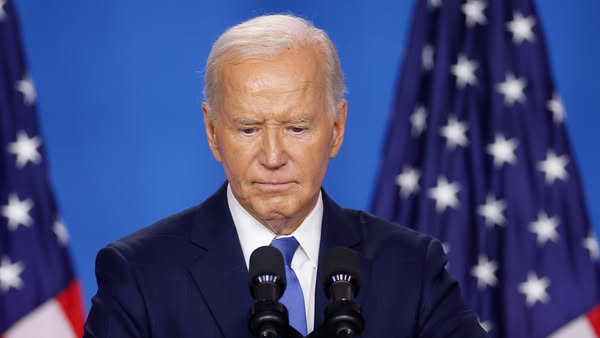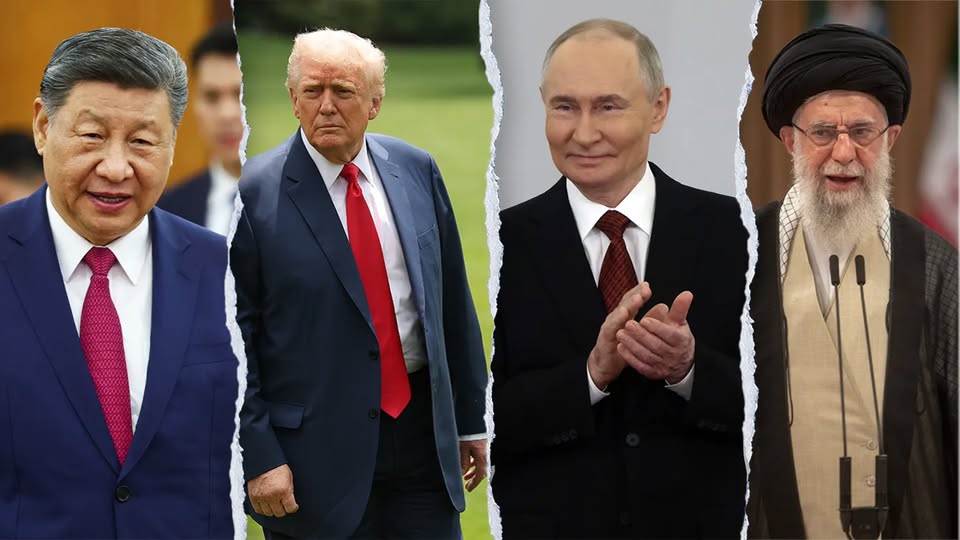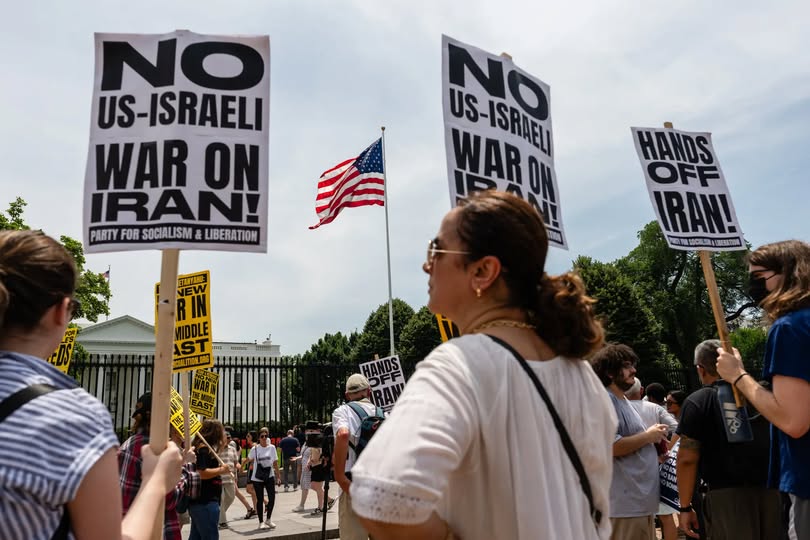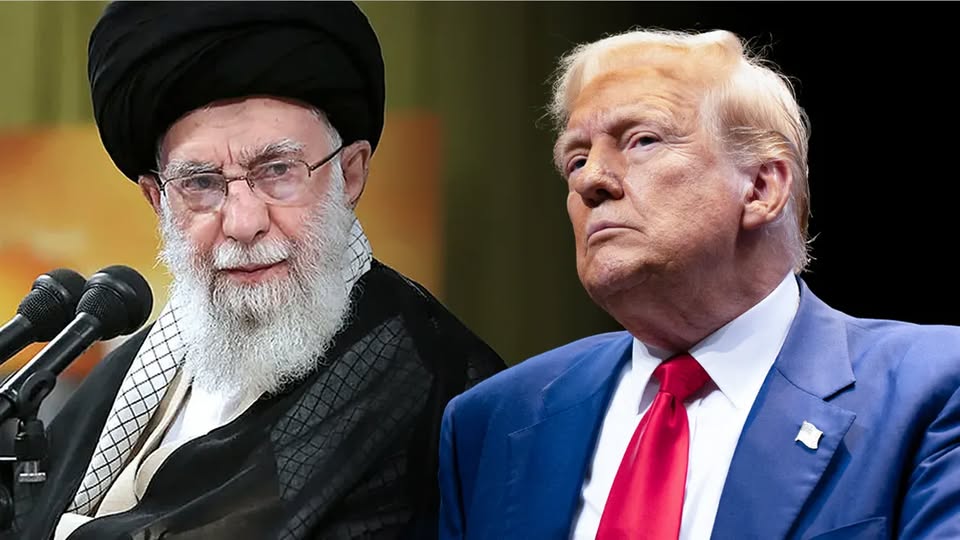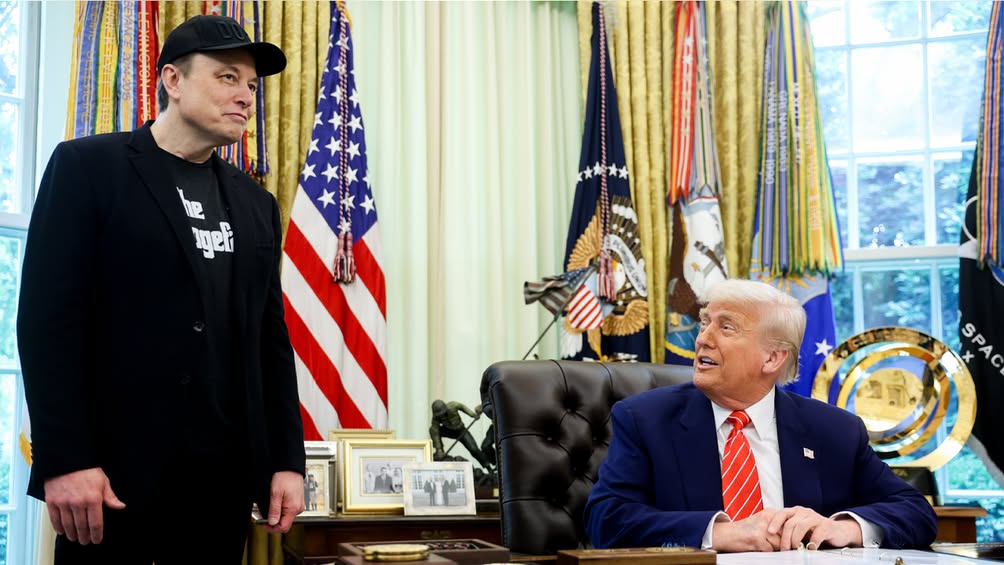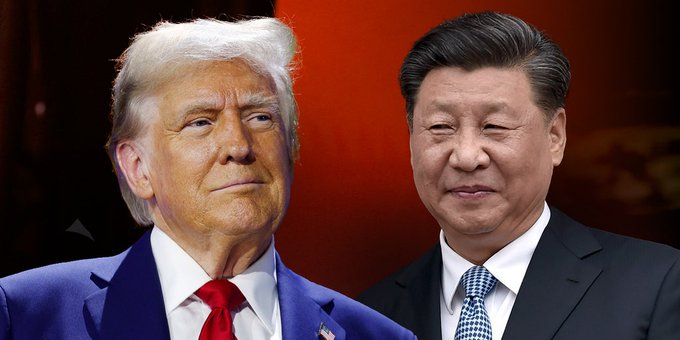An exploration of the Biden administration's spending on embassy renovations, specifically concerning the allocation of taxpayer dollars for swimming pools in unstable countries. This article discusses public outrage, accountability in government spending, and the broader implications for American citizens.
A recent survey reveals a surprising trend among Americans, showing significant support for global engagement in 2025. With 64% favoring a decisive U.S. role in international affairs, this marks a notable shift from previous isolationist sentiments. Factors driving this change include rising global tensions and security concerns, particularly related to Iran. As the nation approaches elections, the implications for future foreign policy are profound, raising questions about unity and readiness for a more engaged America.
This article explores the complex relationship between the U.S. and Iran, questioning whether the recent airstrikes constitute a war and whether President Trump's actions bypassed Congressional authority. It delves into historical military power usage, public responses, and legal implications surrounding the issue.
This article discusses the escalating military conflict between Israel and Iran, examining the implications for global peace and the potential for U.S. involvement. It highlights the complex historical context, the rhetoric from both sides, and the impact on civilians.
The article discusses the tension between President Trump's spending bill and Elon Musk's criticism, exploring themes of fiscal responsibility and political division within the GOP. It highlights Musk's unexpected condemnation of the bill and the responses from the White House and other political figures, questioning the priorities of American politicians and their connection to the public's needs.
This article explores the complexities of U.S.-China trade relations, highlighting the economic impacts of tariffs and the ongoing negotiations between the two nations. It addresses consumer concerns over job security and rising prices while examining historical trade dynamics and political rhetoric.
